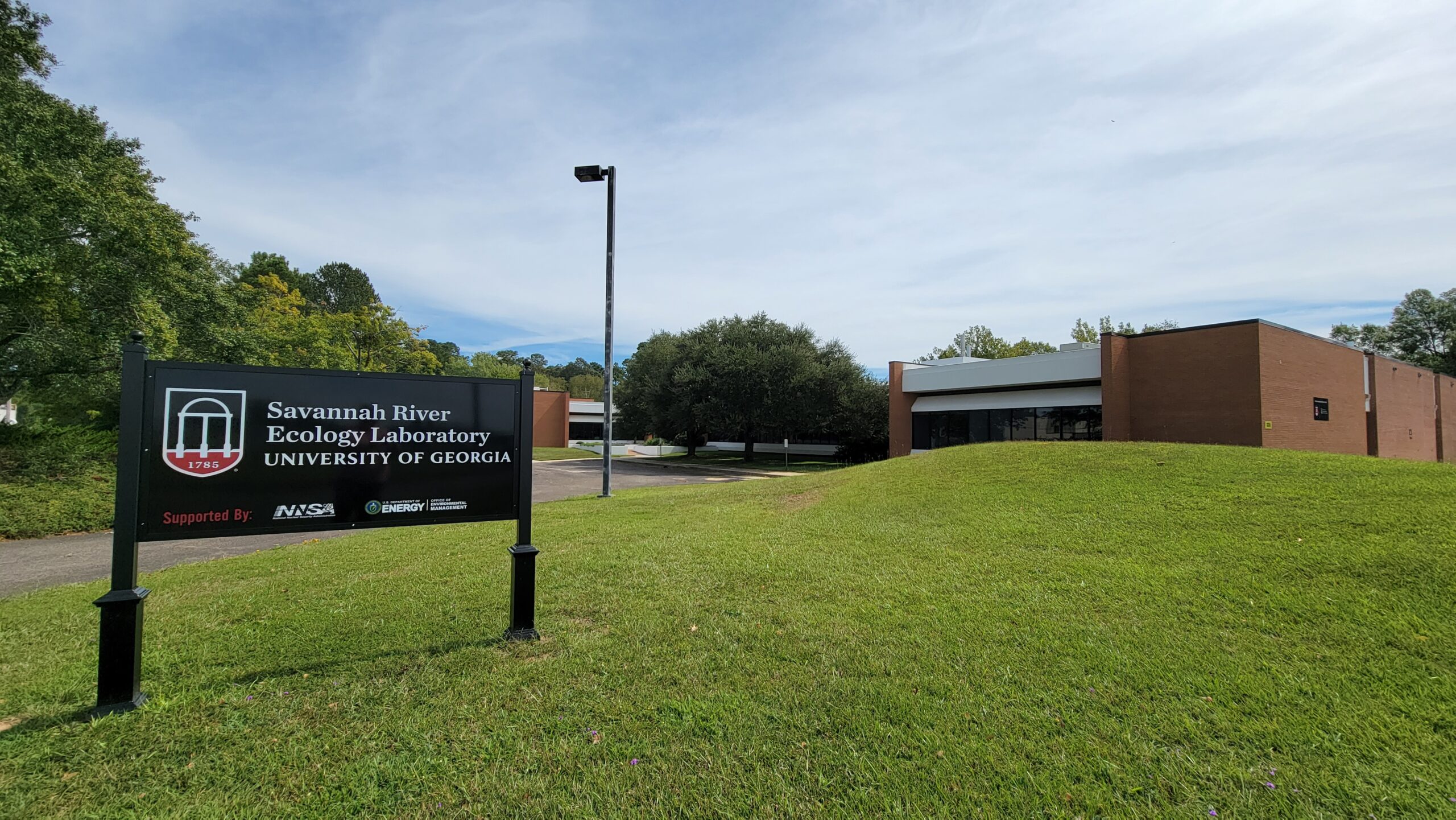Research

About Savannah River Ecology Laboratory (SREL) Research Program
Academic and Research Excellence: As a division of the University of Georgia, the Savannah River Ecology Laboratory (SREL) proudly upholds its dual role as a leading academic entity and a dedicated partner in the U.S. Department of Energy’s (DOE) stewardship of the Savannah River Site. Our research meticulously evaluates the ecological impacts of the site’s operations, ensuring a harmonious balance between scientific progress and environmental integrity.
Innovative Research and Impact Assessment: At SREL, our diverse expertise encompasses everything from analyzing physical and chemical contaminant transport processes to assessing impacts on biotic communities, human health risks, and identifying effective ecological indicators for site remediation. Our state-of-the-art risk assessment capabilities facilitate scientifically sound, cost-effective management strategies for environmental stewardship.
Global Outreach and Collaboration
Extending Beyond Borders: SREL’s expertise reaches beyond the Central Savannah River Area, contributing to regional, national, and global ecological projects. Our collaborative efforts encompass various organizations, reflecting our commitment to environmental excellence and research diversity.
Key Collaborations:
- Savannah River National Laboratory
- USDA Forest Service
- Savannah River Remediation
- U.S. Army Corp of Engineers
- U.S. Dept. of Defense-Navy
- U.S. Department of Agriculture
- Longleaf Alliance
- City of Augusta, GA
- Georgia and South Carolina Departments of Natural Resources
- And many more partners
